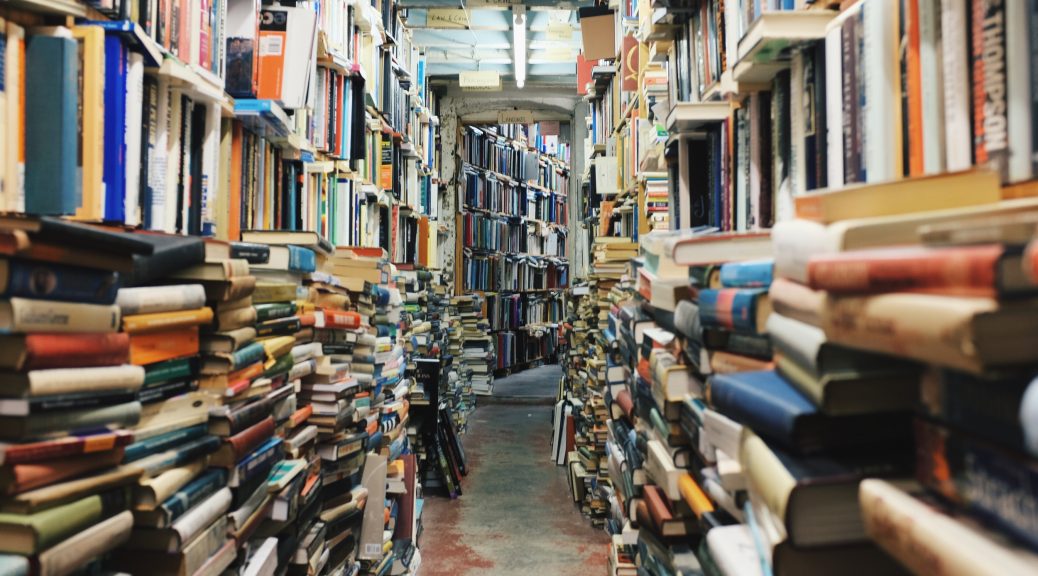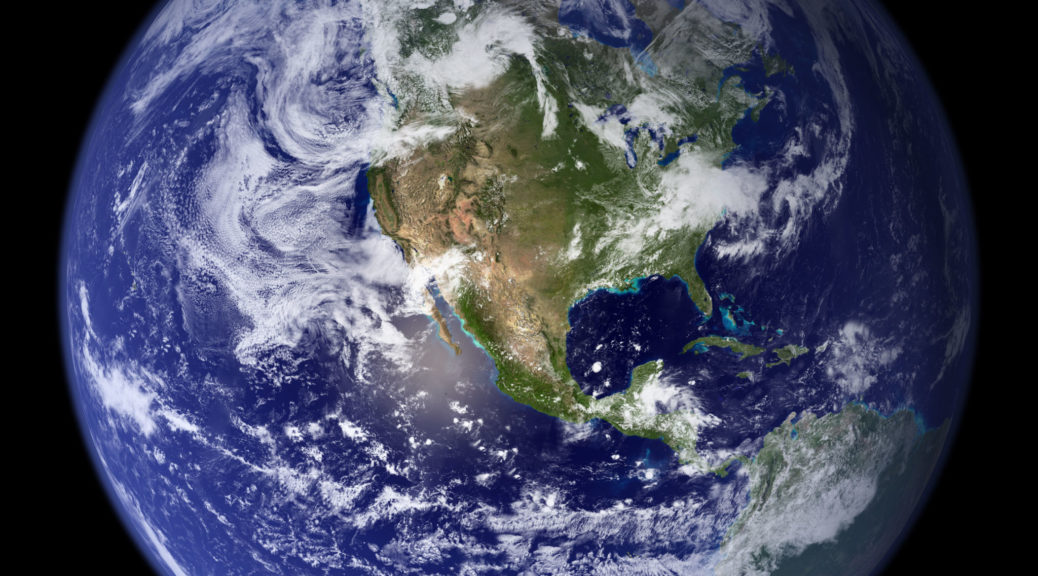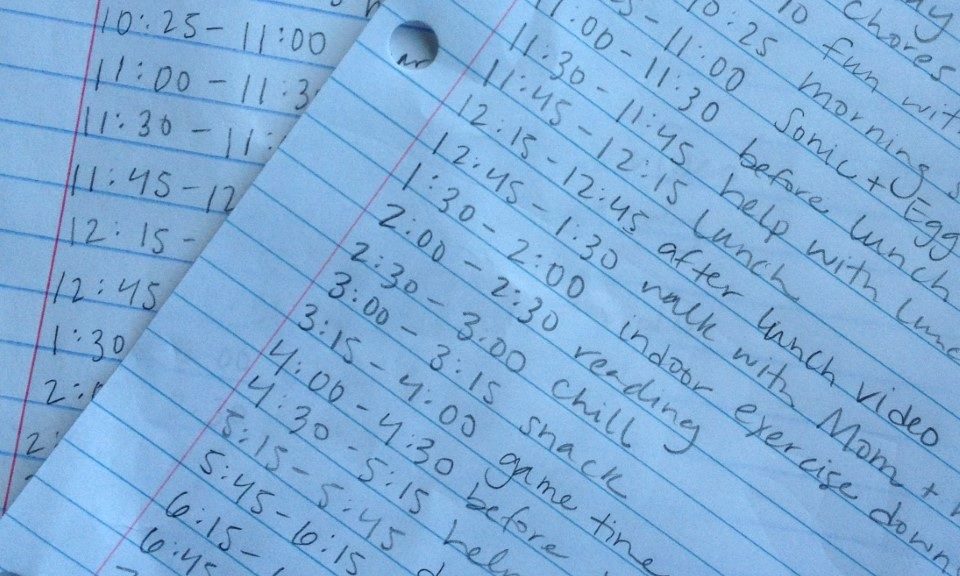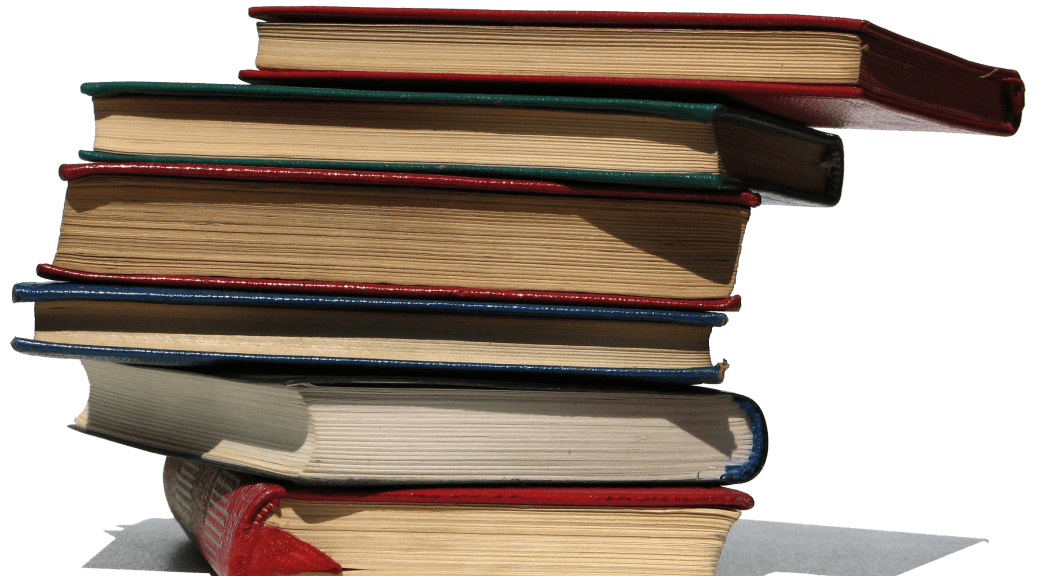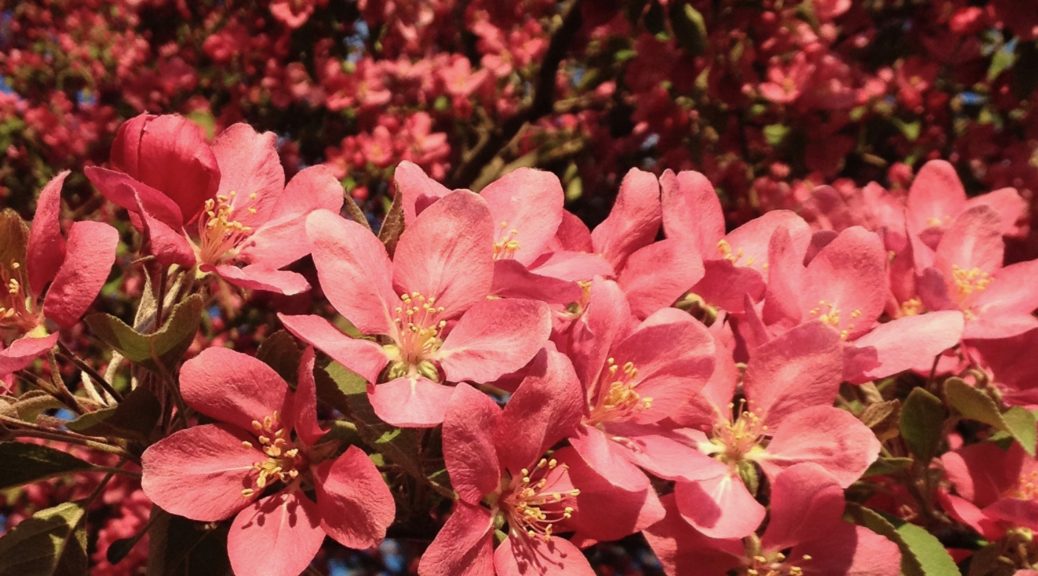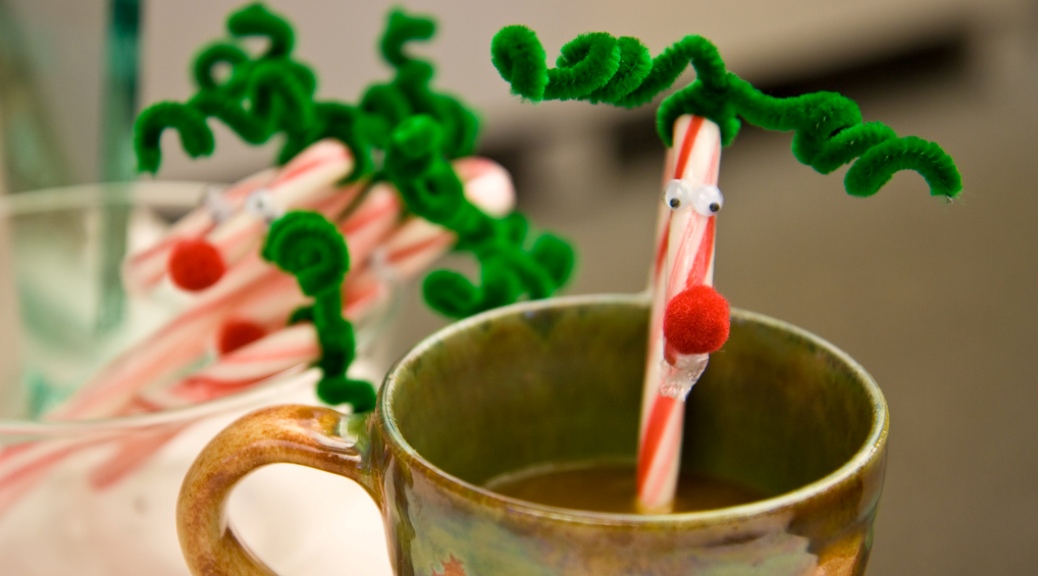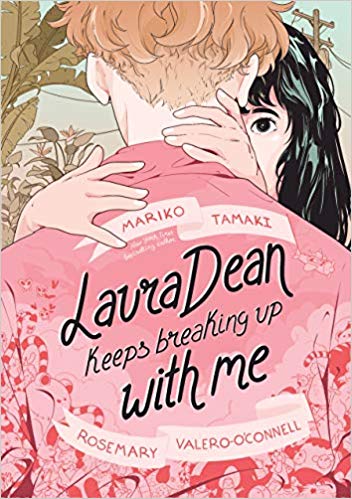The nice thing about having agreed to write this post is that I have something to do this weekend that doesn’t involve repeatedly checking Twitter and Instagram, trying to send messages to friends but not being able to figure out the phrasing and finally giving up, and staying up too late thinking I’ll get something done but accomplishing nothing.
My kids were on spring break last week and I had four days off, but Friday was rough. To get us through the weekend, I had my kids make schedules (pictured above), which definitely helped in terms of avoiding boredom as well as giving them a sense of control in a situation that’s beyond their control.
If you're looking at the photo of the schedules and thinking they're absurdly detailed, yes, it's true. They're ending up being more of a guide to a sequence of events than something we're following exactly. A long time ago, I remember reading something about the value of following the usual routine during times of crisis. For a kid (especially young kids), the routine provides comfort and helps them know what to expect. So having a set wake-up time and bedtime, having some limits on screen time, having regular mealtimes, getting dressed every day, etc., all have meaning right now.
For those people here who have kids, I imagine the specific things you’re dealing with are different depending on the age of the kid, but it’s all stressful. And for those who don’t have kids, I know many of you still have your own parents to worry about right now.
Highlights of the past couple days include the jalapeño learning to chop vegetables with a chef’s knife and the peperoncino grating his own cheese for a quesadilla. The boys have also done a good number of household chores, and the jalapeño’s room is the cleanest it’s been all year. The jalapeño has also been having FaceTime chats with a 4th grade friend, and they've been both hilarious and adorable. Yet there were also some intense sibling fights and meltdowns.
In some ways, having elementary-age kids is great because it limits how much time I can spend reading about the pandemic. Taking care of my boys’ immediate needs gives me something to focus on and keeps my anxiety levels down. On the other hand, I dearly miss having any sort of time to myself (the boys did very little without a parent all weekend), and I envy the people who seem to be actually accomplishing stuff while staying home. On the other other hand (I have a lot of hands), I recognize how fortunate I am to not be dealing with far more serious problems.
During this next week, teachers in our school district will be working on plans for teaching remotely; we will be going to the school to get a Chromebook for each boy at an assigned pick-up time. Since Mr. NaCl and I will both be working from home (and need to be able to actually get work done), my parents are going to come help. They’re both 70 and in good health, so on the one hand I think they’re happy to stay busy and pitch in. But part of me can’t help wonder if I’m being selfish and irresponsible by accepting their help.
Over the weekend, I did do a very little bit of reading about how to talk to kids about coronavirus, and one of the key takeaways is that it's wise to filter the information they get. It depends, of course, on age of the kid and how sensitive they are, but limiting their access to TV news/press conferences and online sources of info might be wise. I've also told the jalapeño that there are things he might want to talk about that shouldn't be discussed in front of his 6-year-old brother.
By chance, I came across some wise words from a school psychologist. This psychologist said not to be surprised by an increase in behavior issues, including meltdowns, tantrums, and oppositional behavior. This is a normal reaction under the circumstances. (I was very reassured to read this.) They also said not to obsess over kids' progress in school during this time of remote learning or to put too much pressure on kids academically. As parents, our first priority is to do what we can to ensure that our kids feel comforted and loved right now. To quote the psychologist, "How [your kids] felt during this time will stay with them long after the memory of what they did during these weeks is . . . gone."
So how are you feeling?

